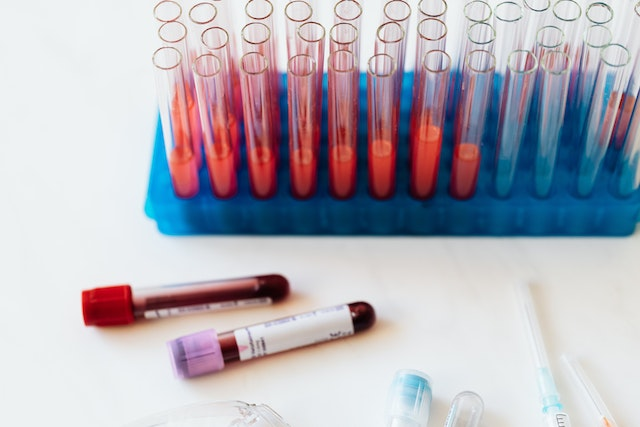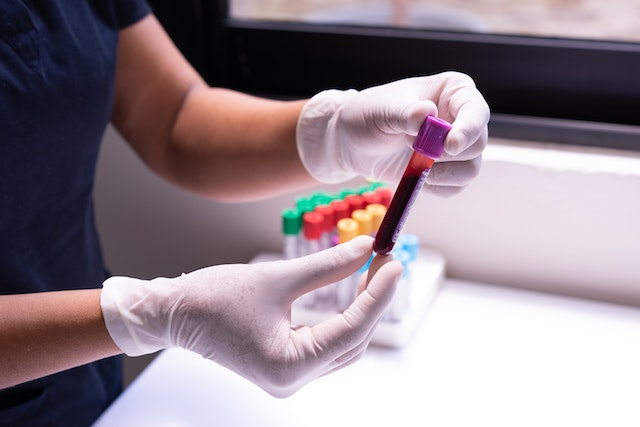
What is a CRP test? Can CRP Blood Test Cancer in people?
Time to read 3 min
Time to read 3 min
It is important to get a C-reactive test done when you are experiencing the sign of inflammation or are managing a chronic condition. You can also get a CRP test done when you are on medication and want to understand the effectiveness.
In some cases a CRP blood test cancer risk can be identified through checking for C-reactive protein levels. Doctors can measure CRP levels to know whether cancer is rising or spreading, depending on the inflammatory response in some cases.
Some types of cancers such as lung, ovarian, and skin, can be checked with CRP levels in terms of their rising. Doctors can also check for cancer risk if there is continuous elevation in CRP levels over time. You can get tested and check the levels to analyse various conditions.
A C reactive protein CRP test is a critical blood test that checks for the levels of C reactive protein in the body. If there is inflammation present in the body, then there will be a rise in the levels of C reactive protein and other markers.
The CRP levels are measured after there is a rising of the symptoms of an infection or inflammation, as the liver produces it and releases it in the bloodstream. Doctors et al can check for the presence of certain medical conditions by testing of CRP levels.
Levels that are lower than 5mg/L are considered normal, and are a sign that there is no direct inflammation or infection sign associated with a condition. You can also get multiple tests done to understand the progression of certain conditions.
A high CRP reading of upwards of 10mg/L can indicate the presence of inflammation, infection, or other serious conditions. You can get further testing done or a complete blood test to understand the root of the inflammation.
Elevated levels of CRP can be a marker for analysing the progression of cancer through the body. Cancer recurrence after surgery may also be tested using CRP levels. You should get specific tests, such as biopsies, to get a more clearer understanding whether there is cancer risk. If there is a cancer risk, such as prior history, then getting a CRP test to check for cancer is also a viable strategy.
In some cases patients with high levels of CRP may be more at risk of inflammation, infection, lung cancer, chronic illnesses, and other medical conditions. There are several conditions associated with high CRP and other markers.
In patients with higher levels of CRP and a medical history of illnesses and cancer, it is recommended to get further testing done as a precaution. Disease escalation to the extent of more serious conditions may be possible when there are high CRP levels.
There are several reasons why you may need a CRP test done, which is why getting a test done in a timely way through at home convenience is the best option.
One of the most important reasons why CRP is checked is to determine the presence of infection or inflammation.
If you are taking medication and aren't experiencing symptom relief then getting your CRP tested is key.
If you have a chronic condition that impacts inflammation and CRP levels, then you can track it better with CRP analysis.
If you are experiencing the symptoms of inflammation or infection, then getting a CRP test done is vital.
If you have had a higher than normal range of CRP in the previous tests, getting tested will be important as well.
*Medical Disclaimer - The following information is for educational purposes only. No information provided on this website, including text, graphic, and images, are intended as substitutes for professional medical advice. Please consult with your doctor about specific medical advice pertaining to your condition(s)


